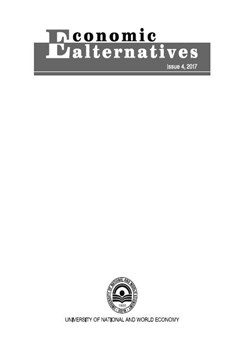Explaining Consumers’ Motives for Purchasing from the Informal Economy: Some Lessons from a Study of Bulgaria, Croatia and FYR of of Macedonia
Authors: Colin C Williams, Slavko Bezeredi
Abstract
This paper evaluates which consumers in Southeast Europe are more likely to purchase goods and services in the informal economy and their reasons for doing so. Conventionally, it was assumed that consumers were simply rational economic actors motivated by a desire to achieve a lower price. However, in recent years, it has been suggested that they may be also motivated to purchase from the informal economy due to either the failures of the informal economy and/or for social or redistributive rationales. Reporting 6,019 face-to-face structured interviews conducted in Bulgaria, Croatia and FYR of Macedonia in 2015, consumers are found to purchase from the informal economy to obtain a lower price in only 57.1% of cases. In nearly half of cases, therefore, this is not cited as a rationale. In 48.9% of cases, formal economy failures are cited as a rationale, with 27.4% stating that it is to receive a faster service, 23.7% to receive a better quality good or service, and 10.3% because the good or service is no/hardly available on the regular market. Social or redistributive rationales prevail in some 25.1% of cases. The paper then identifies how the reasons for purchasing from the informal economy vary across countries and population groups. The theoretical and policy implications are then explored.

